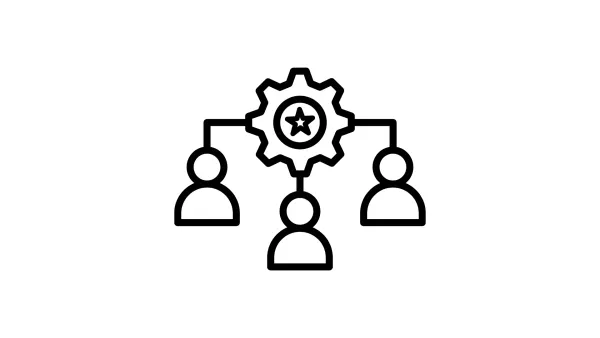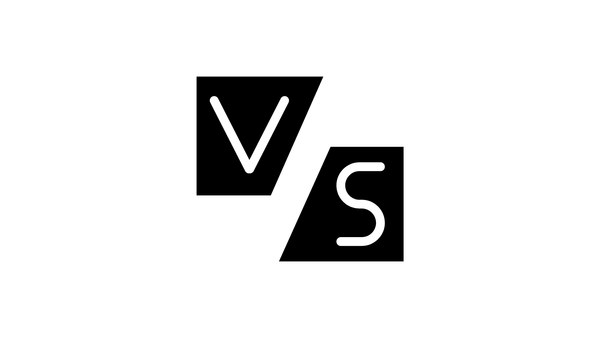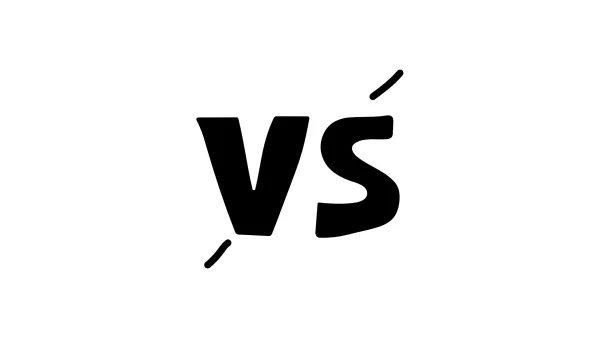The Future of Web Servers: Trends to Watch in the Next Decade
Discover what’s next for web servers in the coming decade. From AI-driven optimization to edge computing and sustainability, explore trends that will redefine speed, security, and hosting efficiency by 2035.

Table of Contents
- Introduction
- Current State of Web Servers
- Emerging Technologies Shaping Web Servers
- Security Enhancements for Web Servers
- Serverless Architectures and Their Role
- Sustainability and Energy Efficiency
- Hybrid and Multi-Cloud Deployments
- Decentralized Web Hosting and Blockchain Integration
- Customizable Web Servers for Niche Applications
- Evolving DevOps and Web Server Management
- The Role of APIs and Microservices
- The Rise of Edge Servers and Content Delivery Networks (CDNs)
- Predictions for the Next Decade
- Case Studies: Companies Leading the Way
- Conclusion
- FAQs
Web servers are the unsung heroes of the internet, quietly powering the digital world behind the scenes. But as technology evolves, so do the demands placed on these servers. The next decade promises to bring transformative changes to web hosting and server technology. Let’s dive into the trends shaping the future of web servers.
Introduction
Why Web Servers Are Critical to the Internet
Web servers process, deliver, and secure the content we access online. Without them, there’s no website, no app, and no digital economy.
Evolution of Web Servers Over the Years
From the early days of Apache to today’s robust choices like Nginx, LiteSpeed, and serverless architectures, web servers have adapted to changing needs.
Current State of Web Servers
Overview of Popular Web Servers Today
- Apache and Nginx dominate with their flexibility and performance.
- LiteSpeed is gaining traction for its speed, especially in e-commerce and CMS hosting.
Key Challenges Faced by Web Servers
- Handling ever-increasing traffic loads.
- Balancing performance with energy efficiency.
- Defending against sophisticated security threats.
Emerging Technologies Shaping Web Servers
The Rise of HTTP/3 and QUIC Protocols
HTTP/3, powered by QUIC, is designed to reduce latency and improve connection reliability, making websites faster and more responsive.
Integration of AI and Machine Learning for Optimization
AI-driven tools will monitor server performance, predict failures, and optimize configurations automatically, reducing manual effort.
Edge Computing and Its Impact on Web Server Design
With edge computing, data processing moves closer to the user, reducing latency and improving real-time performance.
Security Enhancements for Web Servers
Advanced DDoS Mitigation Techniques
Future servers will use AI to detect and block DDoS attacks in real-time, ensuring uninterrupted service.
Zero Trust Architectures for Web Servers
Zero Trust ensures no request or connection is trusted by default, adding an additional layer of security.
Encrypted Protocols and Their Growing Role
Encryption protocols like TLS 1.3 and QUIC will become standard, protecting data in transit more effectively.
Serverless Architectures and Their Role
How Serverless is Redefining Web Hosting
Serverless hosting eliminates the need for traditional servers, with resources scaling dynamically based on demand.
When to Use Serverless Over Traditional Web Servers
Perfect for apps with unpredictable traffic or those that prioritize cost efficiency.
Sustainability and Energy Efficiency
The Push for Greener Web Servers
Eco-friendly hosting is becoming a priority, with servers designed to minimize power consumption and use renewable energy.
Innovations in Reducing Energy Consumption
Smarter cooling systems and energy-efficient hardware are on the rise.
Hybrid and Multi-Cloud Deployments
The Shift to Hybrid Architectures
Combining on-premises servers with cloud solutions provides flexibility and reliability.
Challenges and Benefits of Multi-Cloud Strategies
Using multiple cloud providers reduces dependency but increases complexity in management.
Decentralized Web Hosting and Blockchain Integration
Decentralized Servers for Increased Security and Privacy
Distributed hosting reduces single points of failure and enhances privacy.
How Blockchain Can Revolutionize Web Hosting
Blockchain can offer transparent, immutable hosting contracts and decentralized DNS solutions.
Customizable Web Servers for Niche Applications
Open-Source Servers Tailored for Specific Use Cases
Projects like OpenLiteSpeed allow for customization suited to specific industries or needs.
Innovations in Modular Server Design
Future servers will allow plug-and-play modules for added functionality without affecting performance.
Evolving DevOps and Web Server Management
Automation Tools for Server Maintenance
DevOps tools like Ansible and Terraform will make managing servers easier and more efficient.
The Role of CI/CD in Modern Web Server Deployment
Continuous integration and delivery pipelines will streamline updates and deployments.
The Role of APIs and Microservices
How APIs Are Streamlining Web Server Functions
APIs make integrating new features or services with web servers easier and faster.
Supporting Microservices in High-Demand Applications
Microservices architectures rely on servers that can efficiently manage multiple small-scale services.
The Rise of Edge Servers and Content Delivery Networks (CDNs)
Enhancing Speed and Performance for Global Users
CDNs paired with edge servers deliver content faster by caching it closer to the user.
Trends in Edge Processing and Data Localization
More data processing will happen at the edge to comply with data localization laws and improve performance.
Predictions for the Next Decade
Web Server Innovations to Expect by 2035
- Fully autonomous server management using AI.
- Wider adoption of decentralized hosting models.
- Energy-neutral hosting as a standard practice.
Long-Term Impacts on Hosting and Web Performance
Expect faster load times, more secure connections, and lower hosting costs as technology evolves.
Case Studies: Companies Leading the Way
Examples of Innovative Web Server Deployments
- Netflix: Leading the way in edge server usage for streaming.
- Amazon: Pioneering serverless hosting with AWS Lambda.
Lessons from Industry Leaders
Innovation and adaptability are key to staying ahead in the web hosting game.
Conclusion
The future of web servers promises exciting advancements in speed, security, and efficiency. Whether you’re a business owner or a tech enthusiast, staying informed about these trends will help you make smarter hosting decisions in the decade ahead. Get ready for a faster, greener, and more secure internet!
FAQs
What are the major trends shaping web servers in the next decade?
Trends include the adoption of HTTP/3, AI-driven optimization, edge computing, and greener hosting solutions.
What is HTTP/3, and why is it important for web servers?
HTTP/3 is a faster, more reliable protocol using QUIC. It reduces latency, improves connection speeds, and enhances user experience.
How will AI impact web servers?
AI will optimize server configurations, predict failures, enhance security, and automate maintenance for better efficiency.
What is edge computing, and how does it affect web servers?
Edge computing processes data closer to users, reducing latency and improving real-time performance for applications like streaming and gaming.
Are decentralized web servers the future of hosting?
Decentralized servers enhance privacy and security by eliminating single points of failure, making them a promising trend for the future.



